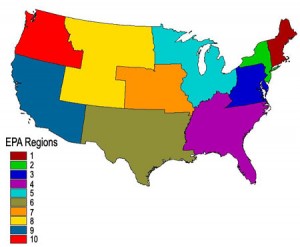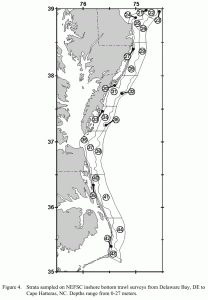Statistics Definitions > Stratum

What is a Stratum?
Stratum in geology or biology refers to layers, as in a layer of rock or layer of skin. A stratum in statistics isn’t much different — you can think of it as where your target population is divided into non-overlapping layers, subgroups, or categories. For example, strata could define the socioeconomic statuses of a population:
- 1: Lowest 25 percent of wage earners.
- 2: Middle 50 percent of wage earners.
- 3: Highest 25 percent of wage earners.
“Stratum” refers to a single subgroup or category, while “Strata” can mean several, or all, groups.
Strata do not need to be in layers…they can be categories that contain different geographical areas, different backgrounds, different races or other categorical definitions. The main point is that each stratum is completely distinct and that the strata do not overlap. A couple of examples of strata from Merriam Webster:
The lower strata of society have been hit especially hard by this economic downturn
the level of writing in that pop novel is several strata beneath that of serious fiction
So your strata in statistics could be economic status (if you were studying how income affects health) or even literary categories (if you were studying which type of author has the highest income).
The strata in this USGS image are EPA regions:

The following NOAA image shows how stations are allocated to stratum (in this case, areas). The number of stations allocated to each one is in proportion to the area.

See: Stratified Random Sample: Definition for more information on stratum and sampling.
Check out our Youtube channel for hundreds of videos on elementary statistics, AP Statistics and calculus based statistics!